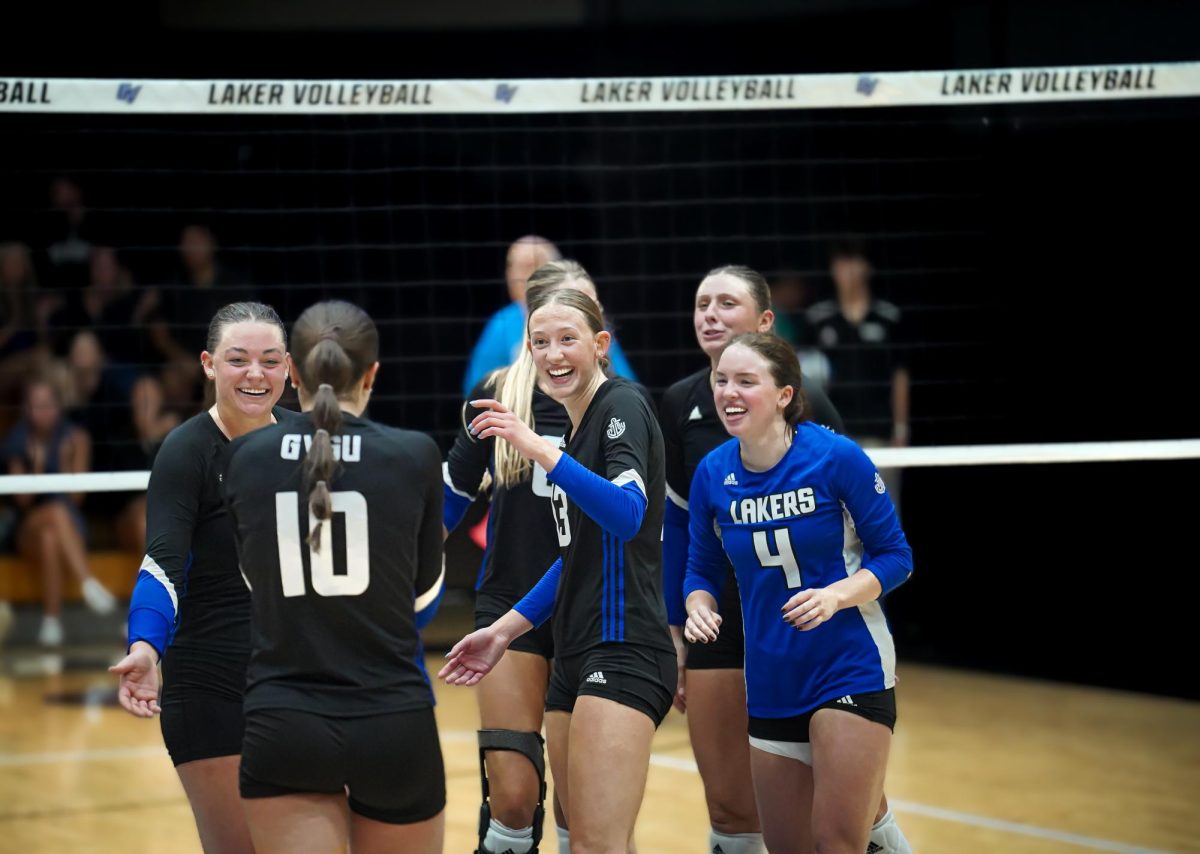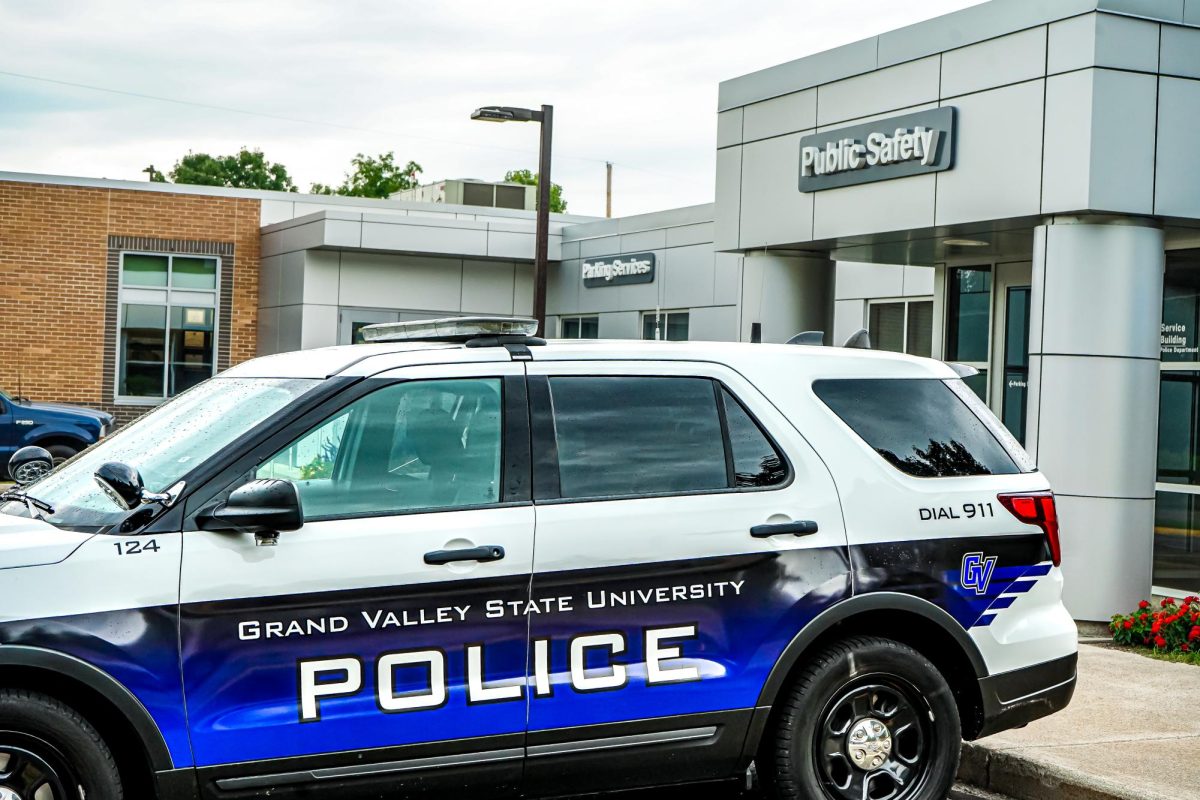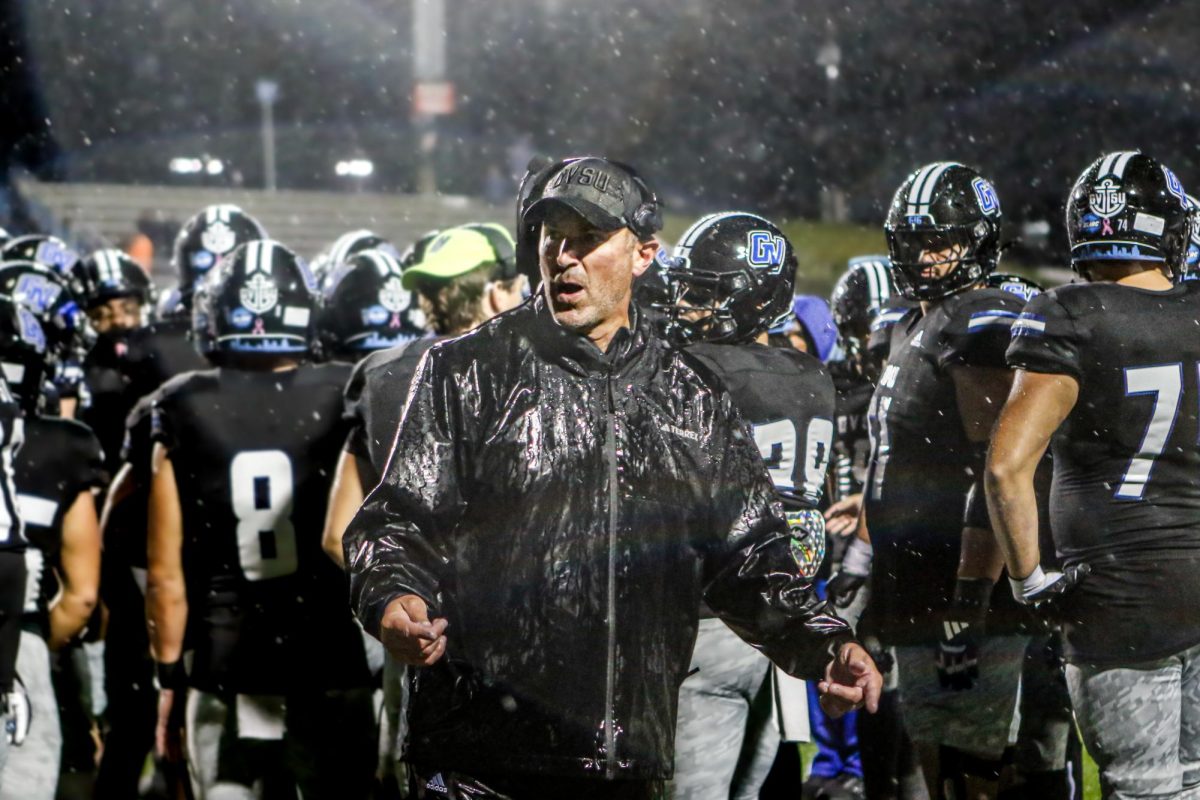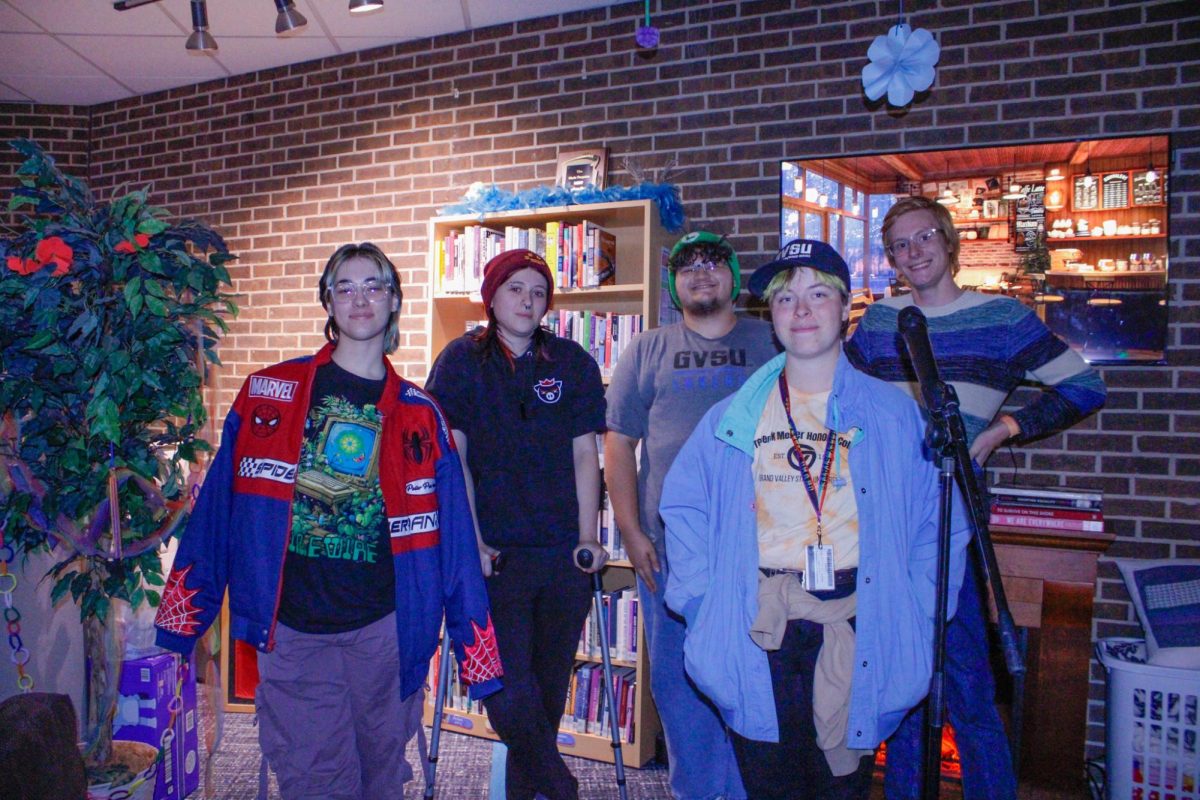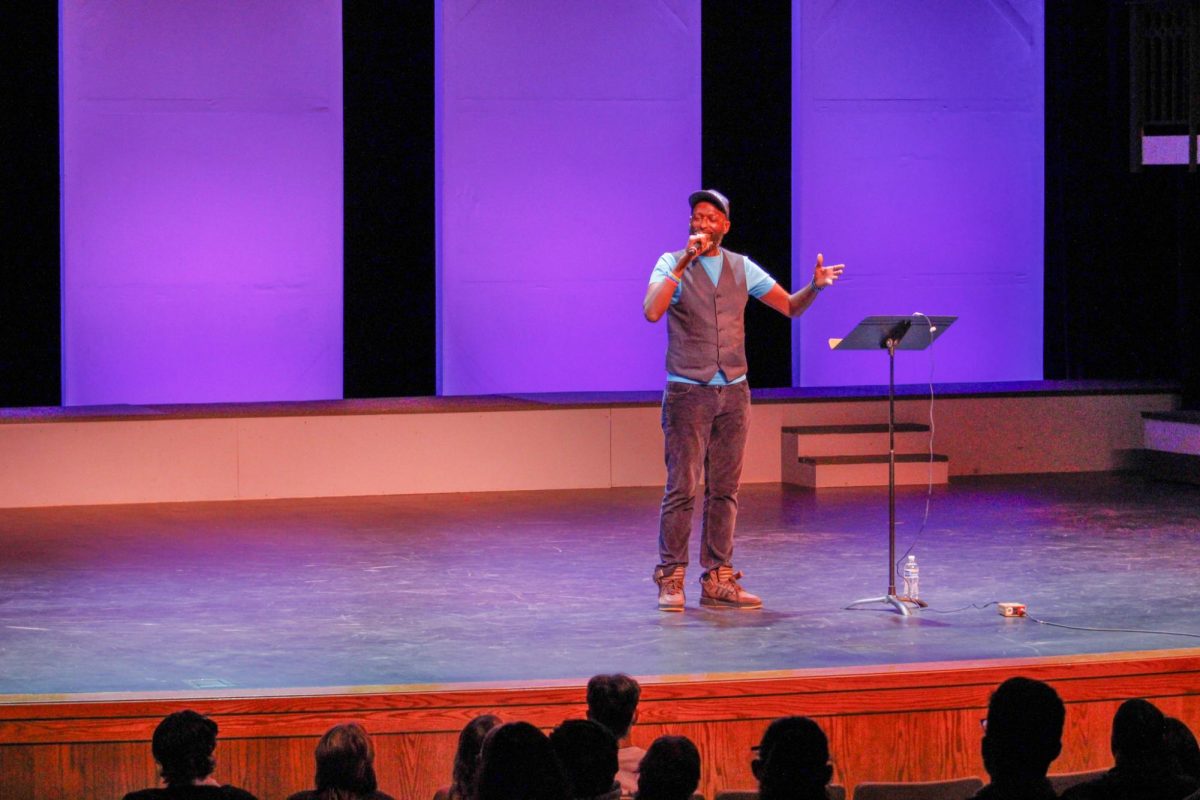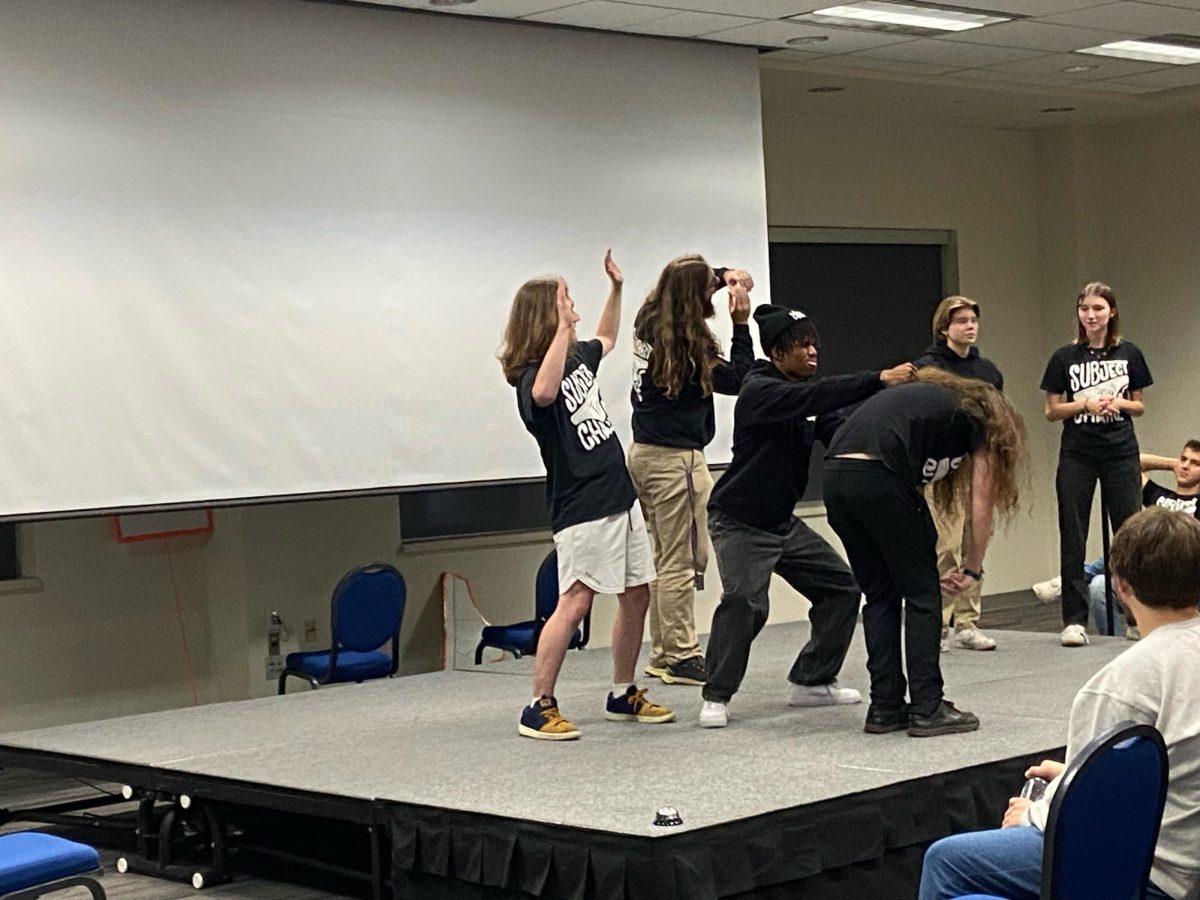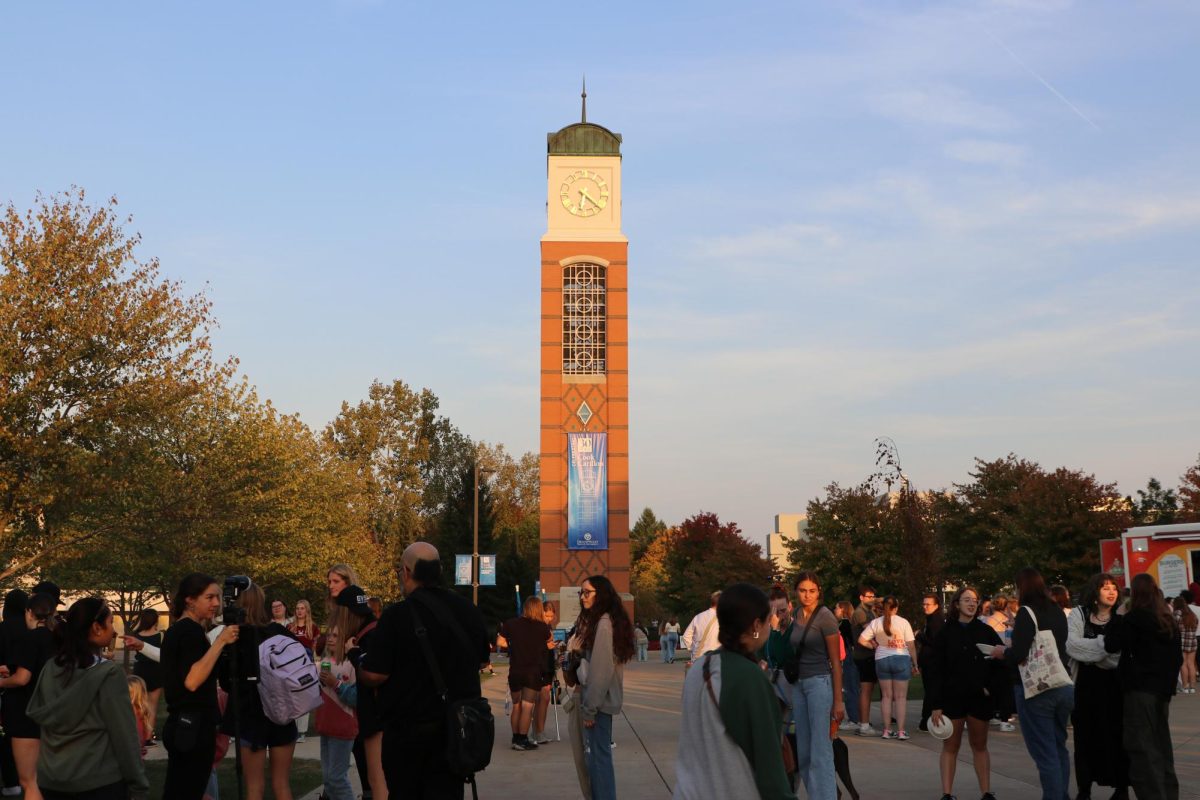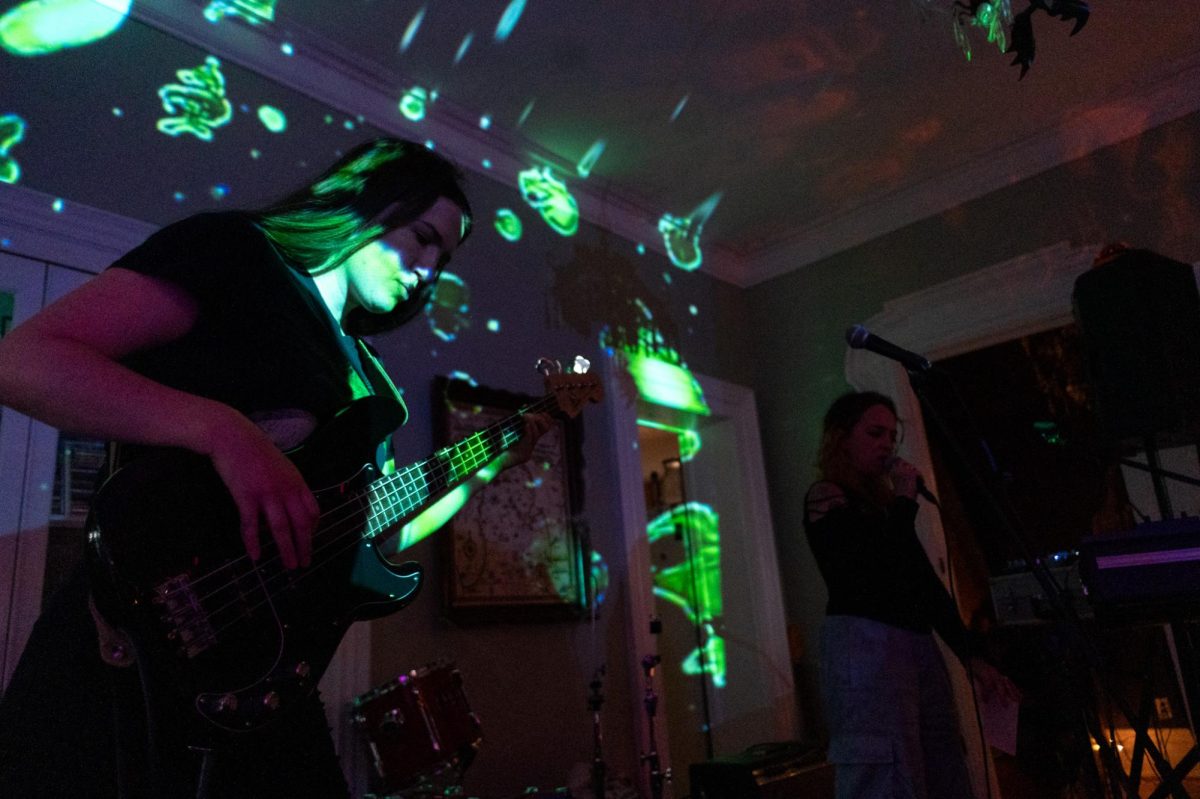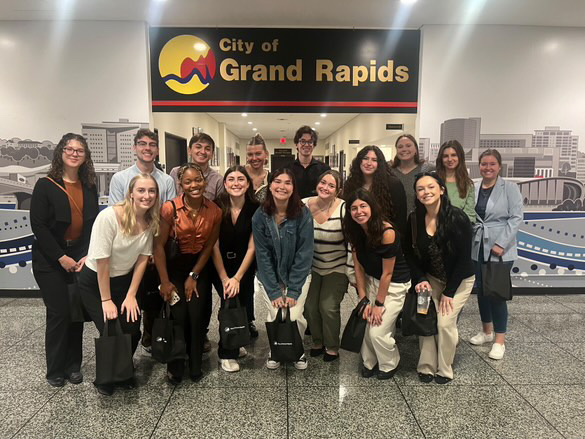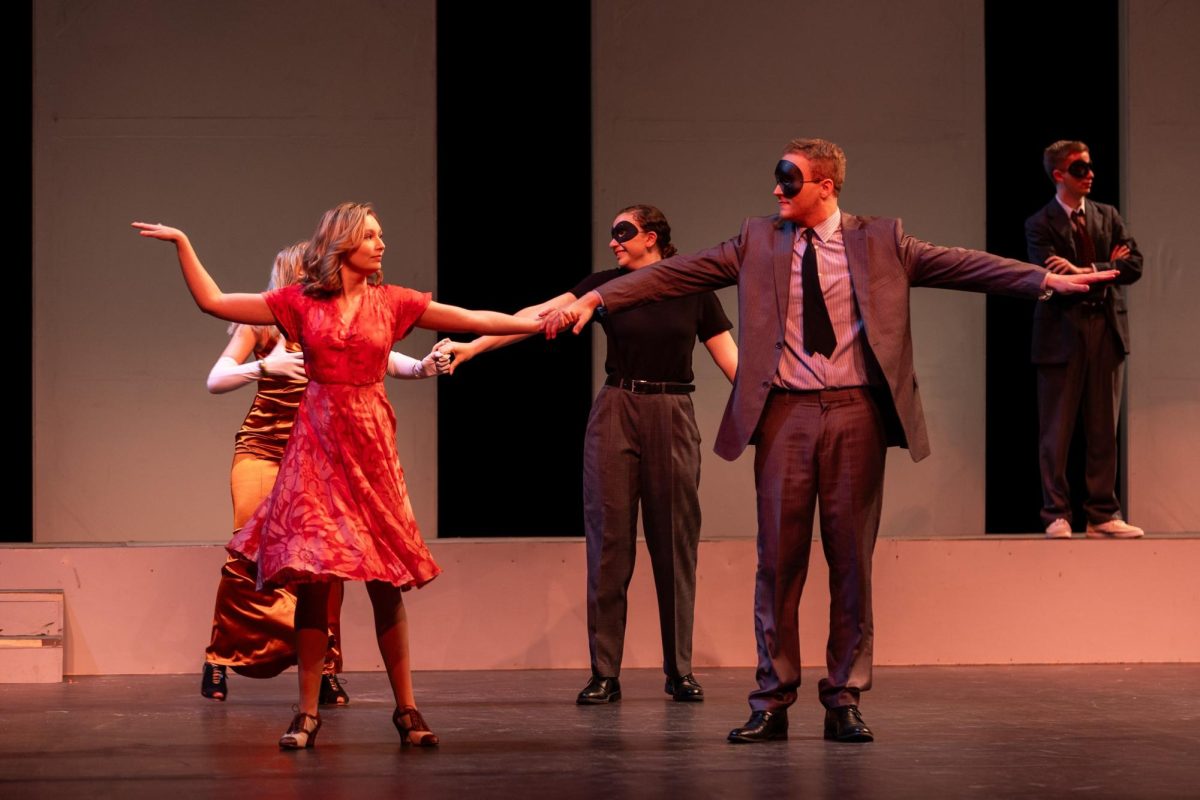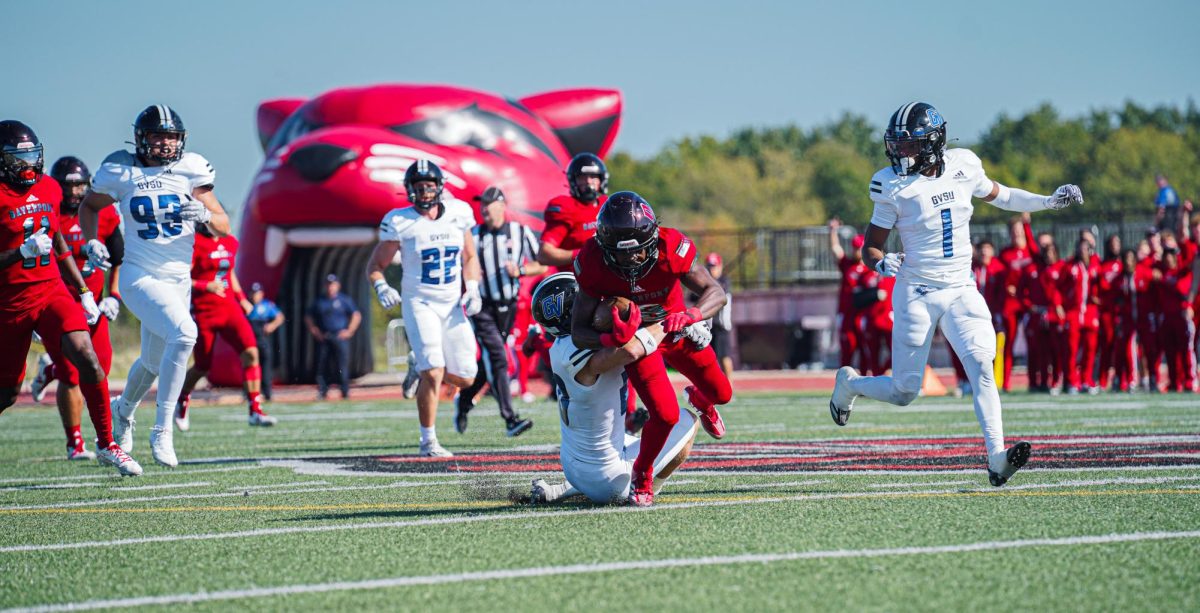University Academic Senate discusses new programs, passes few memos
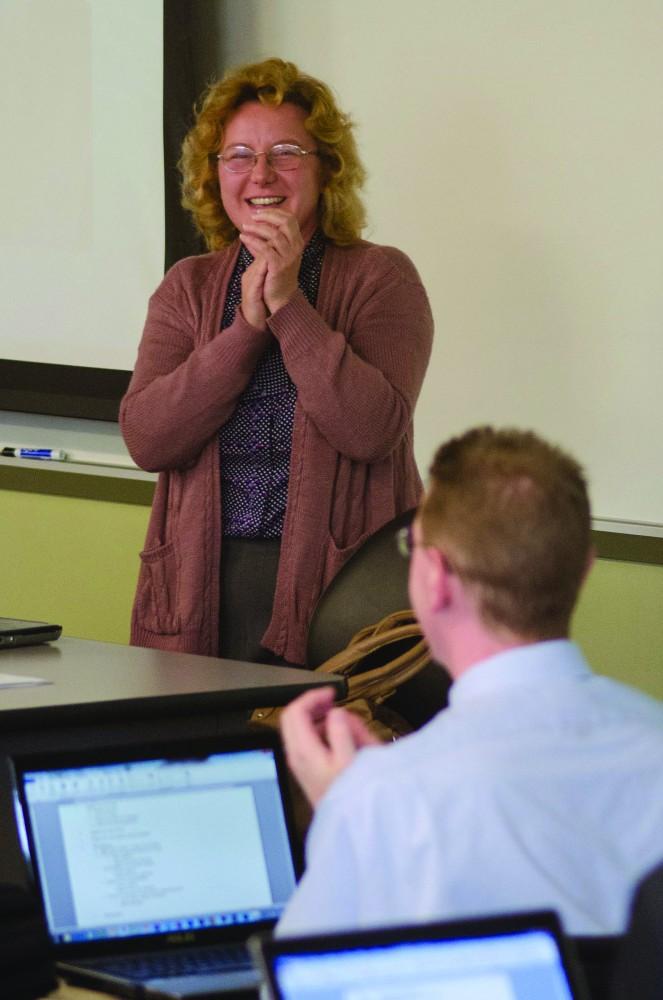
GVL / Jessica Hollenbeck UAS President Figen Mekik applauds faculty who had received tenure since the previous UAS meeting.
Oct 31, 2012
The Grand Valley State University Academic Senate met Friday for the first time this fall semester to discuss memos proposing changes to the university.
The UAS examined new curriculum proposals, including an education doctorate, a program for a German Secondary Education minor and an LGBTQ curriculum that was dispatched to the University Curriculum Committee and Faculty Salary and Budget Committee.
There was also discussion of two memos from the Faculty Personnel Policy Committee on baseline expectations and application of promotion for faculty members.
But the most controversial issue presented was in regard to a memo from UCC, which amended the memo before passing with one ‘no’ vote. The memo, as amended, reads:
“Curriculum development is the responsibility of regular faculty. Adjunct faculty (as defined in section 3 of the Administrative Manual) are encouraged to participate in unit-level discussions of curricular actions, but are not responsible for curricular proposals. Visiting instructors and adjunct instructors may not author curriculum proposals. Affiliate faculty may author curriculum proposals with unit level approval.”
Debate on the issue was centered mostly around the amendment, with discussion about the differences between ‘affiliate’ and ‘adjunct’ faculty, the difference between ‘unit level’ and ‘unit head’ approval, and finally the pros and cons of the amendment in general. The UAS amended the memo before it passed with 10 nays and three abstentions.
Another memo passed by the UAS regarded Advanced Placement Credit from the Academic Standards and Policies Committee. The memo passed unanimously and addressed policies relating to Advanced Placement Credit, such as examining the definition of appropriate level scores – what the memo described as “scores that adequately position the student for success in subsequent courses” – and procedures to propose changes in AP scores.
The UCC also proposed a memo to expand its responsibility to maintain the online curriculum development system. The memo was approved unanimously, as was the following memo to change the date of faculty senate election results by two weeks.
“We wanted to move the date back for election results to allow all faculty committees to elect their respective chairs for the new year with the ‘newly’ elected committee,” said Figen Mekik, chair of the UAS. “Our meetings end with the end of the winter term, so having election results so late gives little time for the new committee to elect its new chair for the next academic year.”
All memos approved by the UAS must be approved by the provost before they can go into effect.
Other topics raised at the meeting were a report on Open Access Week and related scholarships, as well as information on what OAW is doing to reduce Open Access ‘spam’ by creating a journal quality indicator to analyze the validity of journal sources.
Also, Student Senate President Jack Iott gave an overview of the things going on in the student body, including Battle of the Valleys and Martin Luther King Jr. day events. He also addressed the senate’s steps to diversify its representation of the student body.
Finally, the UAS recognized assistant professors Shawn Bultsma, Salvador Lopez Arias, Michael Roscamp and Andrew Schlewitz for achieving tenure in 2012. It also honored 38 faculty members who received tenure and a promotion to associate professor. Promotions to full professor are celebrated in the winter semester at the first UAS meeting following the February Board of Trustees meeting.
The next UAS meeting will be Nov. 30.
[email protected]



